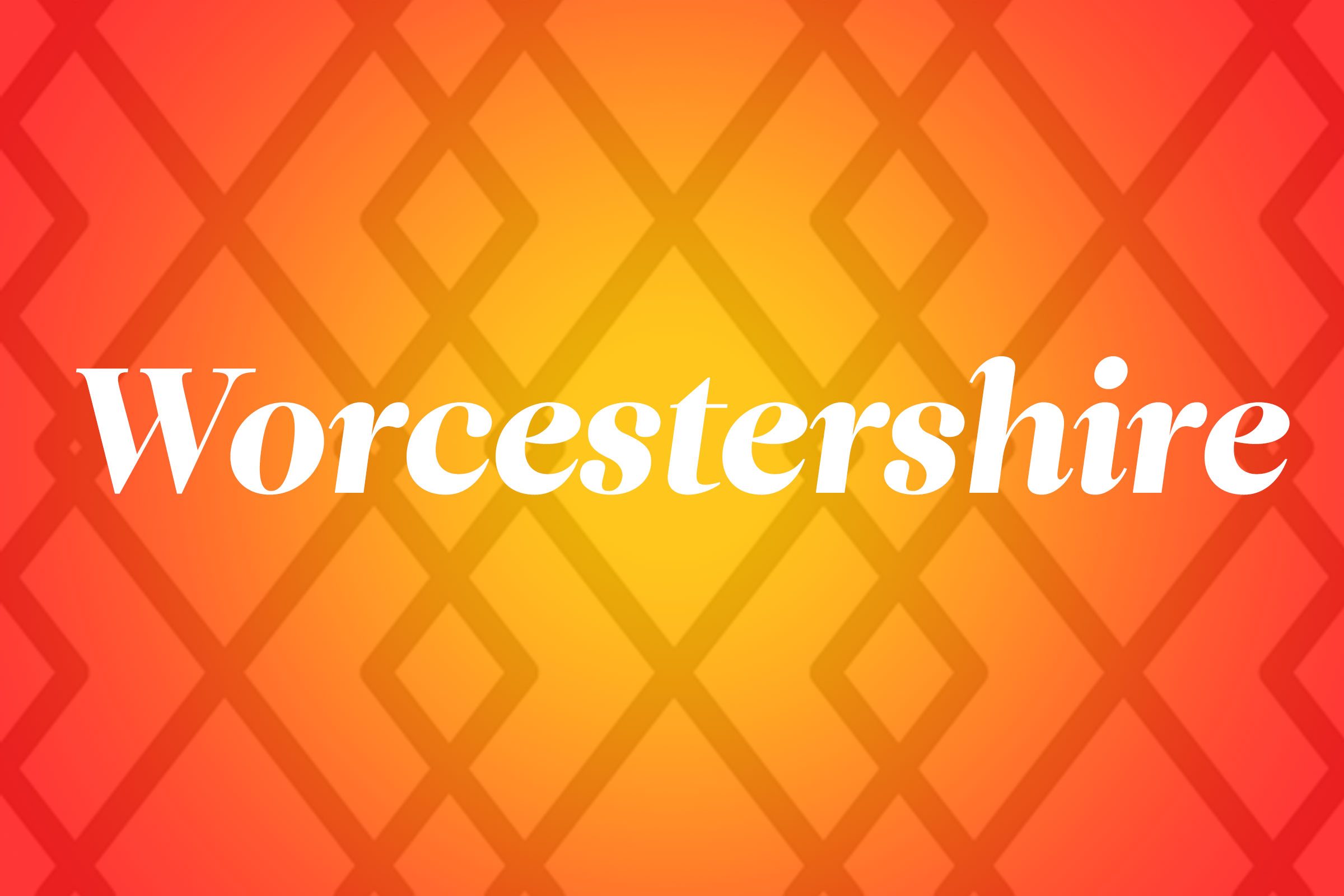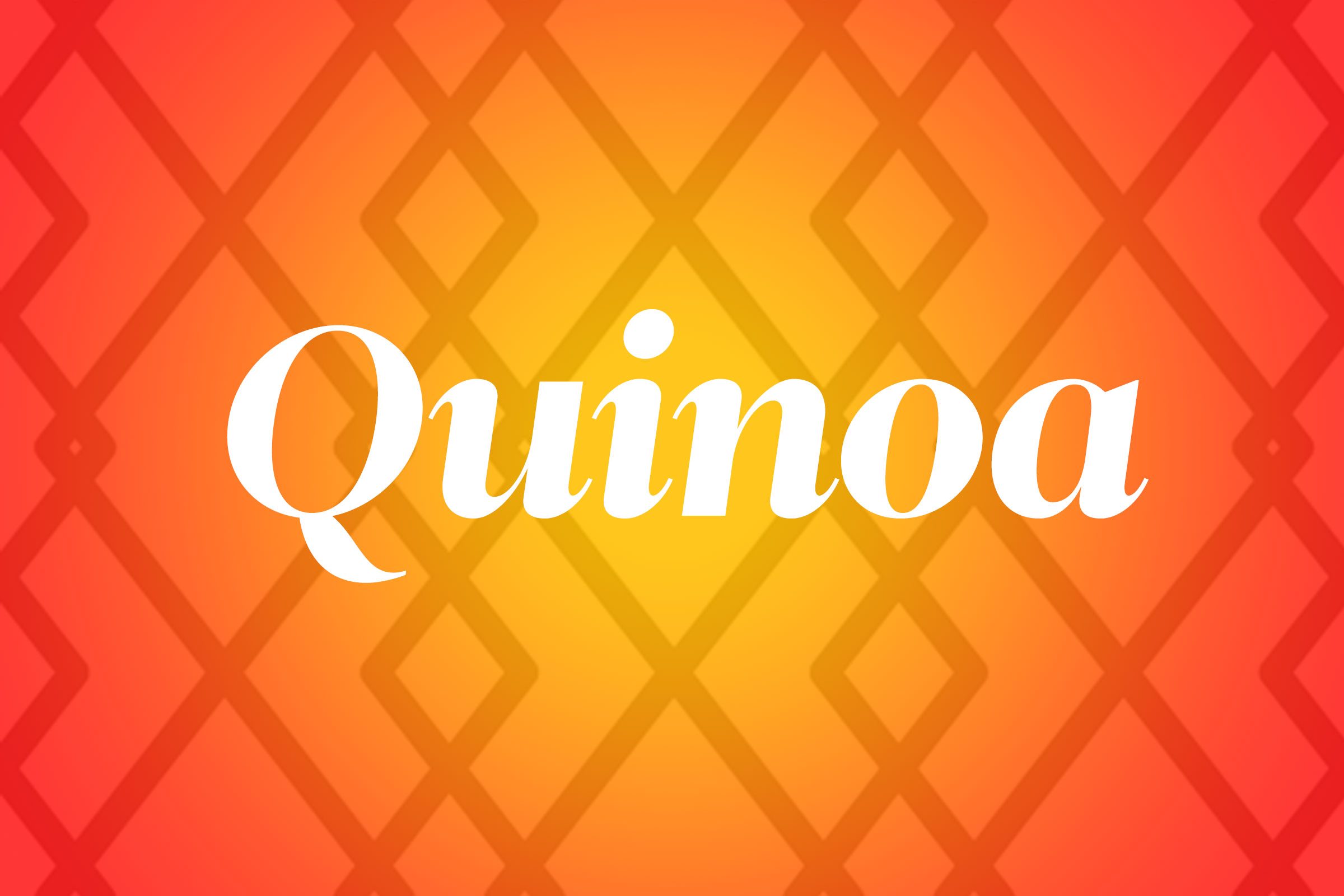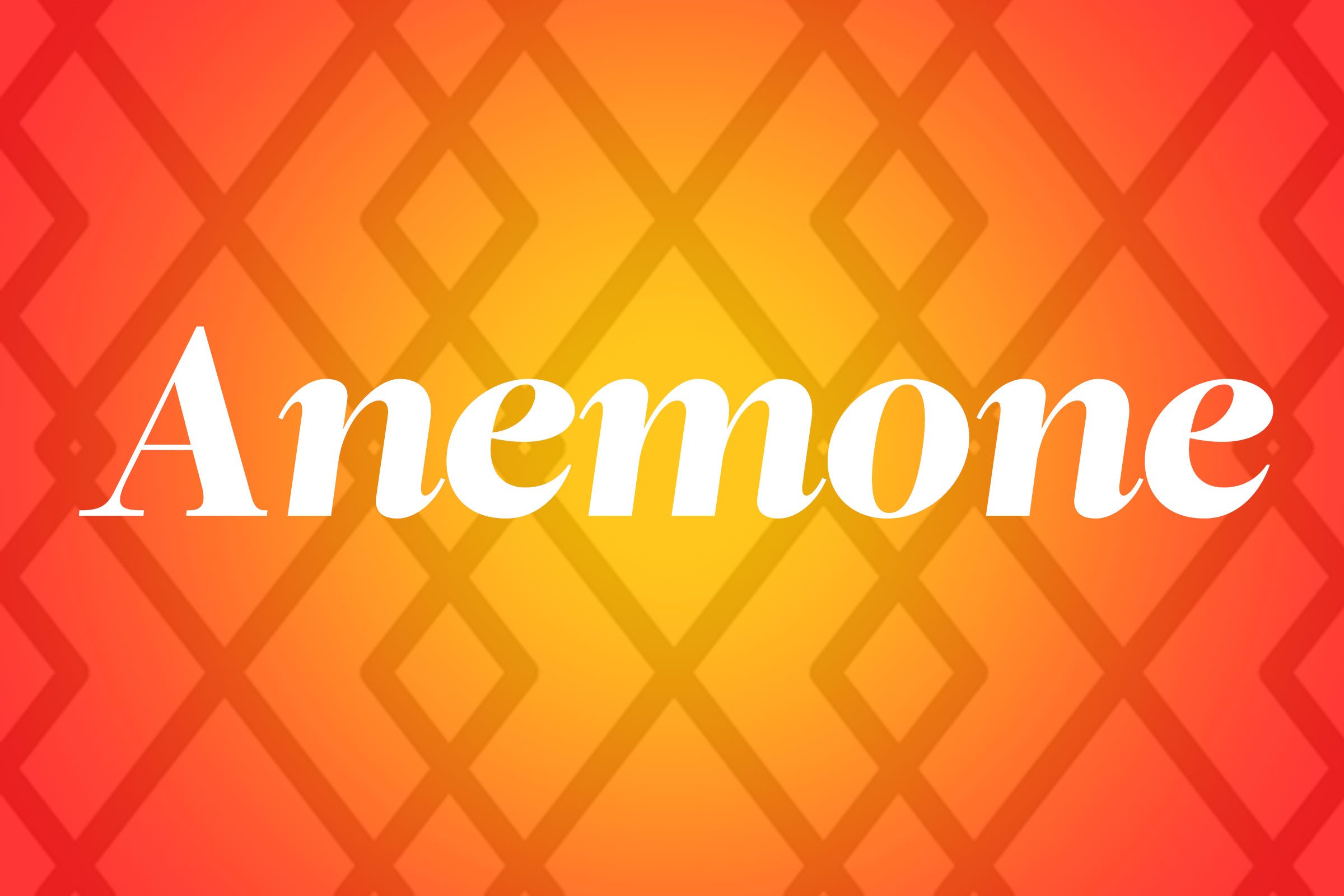- লিঙ্ক পান
- X
- ইমেল
- অন্যান্য অ্যাপ
10 of the Hardest Words to Pronounce in the English Language, According to Non-Native Speakers ( courtecy;- reader's digest )
With about 20 vowel sounds, 25 consonant sounds, and numerous irregularities in spellings and pronunciations, English can be a tricky language for foreigners to learn. If you're struggling to learning American English, you're not alone when it comes to deciphering these hard-to-pronounce words.
Colonel
 EMMA KAPOTES/RD.COM, ISTOCK
EMMA KAPOTES/RD.COM, ISTOCK
Native English speakers know that this 16th-century word, which is derived from Middle French, is pronounced "ker-nul." However, those learning English as a second language get confused by the first "o" sounding like an "e," the "l" that sounds like an "r," and the second "o," which is completely silent. Here are 17 words you mispronounce without realizing it.
Worcestershire
 EMMA KAPOTES/RD.COM, ISTOCK
EMMA KAPOTES/RD.COM, ISTOCK
Let's be honest: This word is actually hard for native English-speaking Americans to pronounce too. It looks like it's pronounced "wor-cest-er-shi-er," but it actually retains is British-English pronunciation. Worcestershire sauce originated in the town of Worcester, England, and is pronounced "Wooster," while the term "shire" is the British word for "county" and sounds like the ending of "Hampshire." Therefore, the word is pronounced "WOOster-sher." Don't miss the food words we commonly mispronounce.
Mischievous
 EMMA KAPOTES/RD.COM, ISTOCK
EMMA KAPOTES/RD.COM, ISTOCK
Like Worcestershire, "mischievous" is one of those words that many Americans also have trouble with. In fact, you've probably heard people pronouncing the word as "mis-CHEEVE-ee-us," when it's actually a three-syllable word pronounced MIS-chiv-us." The problem lies in the fact that the old form of the word was spelled with an extra "i" at the end, which was standard until the 1700s.
Draught
 EMMA KAPOTES/RD.COM, ISTOCK
EMMA KAPOTES/RD.COM, ISTOCK
Non-native English speakers can easily get confused by the pronunciation of this British word because it has a double irregularity: first with the a-u vowel combination, and then again with the g-h-t consonant blend. While it looks like it might be pronounced "drot," it's actually pronounced "draft," (like the word "laugh"), and usually refers to an alcoholic beverage drawn from a keg.
Quinoa
 EMMA KAPOTES/RD.COM, ISTOCK
EMMA KAPOTES/RD.COM, ISTOCK
While the popularity of this ancient grain has grown in recent years because of its "superfood" powers, many people still struggle with how to pronounce quinoa because of its numerous vowel blends. If you apply Standard English rules, you'd think it would be pronounced "qwin-o-ah," but it's actually a Spanish word that has numerous acceptable pronunciations, including "KEEN-wah," "ken-WAH," and even "KEN-o-ah." These ancient grains could be the next quinoa.
Onomatopoeia
 EMMA KAPOTES/RD.COM, ISTOCK
EMMA KAPOTES/RD.COM, ISTOCK
On-o-what? Onomatopoeia is the hard-to-pronounce name given to a literary device referring to words that imitate the sound they make, such as "buzz," "meow," and "roar." The pronunciation of the word, however, is slightly less easy to understand, because more than half of the six-syllable word's 12 letters are vowels—and five of them are blended together at the end. Say what? Say "on-o-mot-o-PEE-a," and you'll be on your way to sounding like an English-literature genius. Check out the funny, old-timey words that can elevate your cocktail conversation skills.
Scissors
 EMMA KAPOTES/RD.COM, ISTOCK
EMMA KAPOTES/RD.COM, ISTOCK
Yes, this is a fairly common word, and most native native speakers have no trouble learning how to pronounce it. If you're an English language learner, however, the double consonants in this Middle-English word can certainly trip you up and make you think that it's pronounced "SKIss-ors" (when we know it's actually pronounced "sizzors"). Not to mention that it ends in an "s," which typically refers to a plural and is called a "pair," even though it's a single instrument. Confused yet?
Anemone
 EMMA KAPOTES/RD.COM, ISTOCK
EMMA KAPOTES/RD.COM, ISTOCK
If you're a fan of Finding Nemo, you might remember the scene where Mr. Ray asks Nemo what type of home he lives in. Nemo's answer: "An anemonemone. Amnemonemomne." It's not surprising that even little Nemo trips over his own wild-flower habitat: The vowel-heavy word looks like it should rhyme with "tone" or "bone" and be pronounced "an-e-MOAN" or "ayn-moan," but it's actually a four-syllable word pronounced "ah-NEM-oh-nee."
Isthmus
 EMMA KAPOTES/RD.COM, ISTOCK
EMMA KAPOTES/RD.COM, ISTOCK
This two-syllable word, which is pronounced "is-muss," refers to a narrow passage of land between two seas. It's also one of the most confusing for non-native English speakers to learn. Why? First off, the "th" combination doesn't even exist in some languages, including German and Dutch, which raises the difficulty level. Then, to further complicate matters, the "th" in this word is silent, so you can ignore it anyway. Still struggling? Keeping your tongue behind your teeth while speaking this word can help with pronunciation.
Otorhinolaryngologist
 EMMA KAPOTES/RD.COM, ISTOCK
EMMA KAPOTES/RD.COM, ISTOCK
This is the term given to an ear, nose, and throat doctor, and is probably one of the most difficult-to-pronounce medical specialties in the entire history of humankind. What makes it so tricky? Well, aside from the silent "h" and the irregular use of the consonant "y," the word has 21 letters and 8—yes, count 'em, 8—syllables. So if you have problems using the formal pronunciation, which is "oh-toh-rye-no-lar-ing-GOL-uh-jee," you can just refer to the doc by her more informal title: an ENT.
- লিঙ্ক পান
- X
- ইমেল
- অন্যান্য অ্যাপ
মন্তব্যসমূহ
একটি মন্তব্য পোস্ট করুন